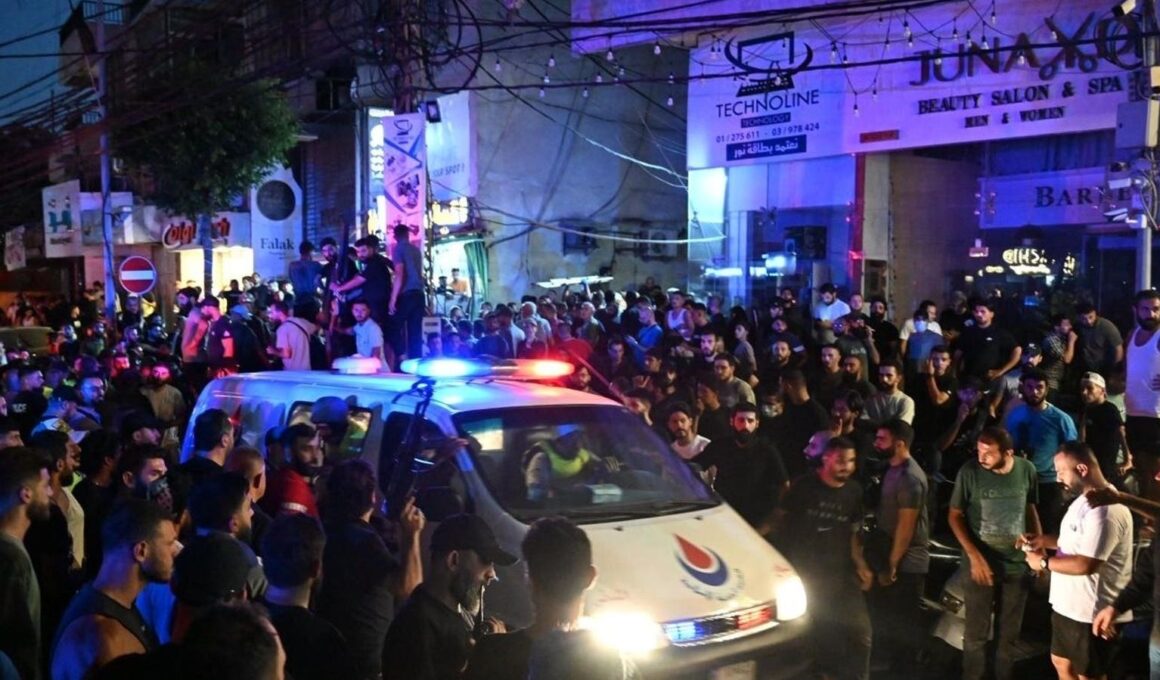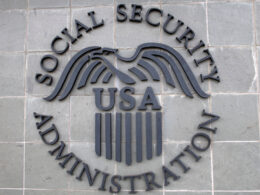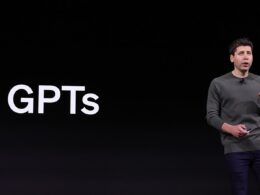Topline
Israel’s military took responsibility on Tuesday for a strike in the Lebanese capital of Beirut, saying it targeted a Hezbollah commander responsible for an attack on Israeli-controlled Golan Heights, as rocket fire between the Lebanon-based militant group and the Israel Defense Forces ramps up amid concerns of a broader regional conflict.
Security forces in the Dahieh area of Beirut respond to an Israeli airstrike.
Key Facts
The IDF said the attack in Beirut was directed at a commander “responsible for the murder of children in Majdal Shams” — a town in Golan Heights where Israel said Hezbollah killed at least 12 children in a recent rocket attack — and for “the killing of numerous additional Israeli civilians.”
The IDF did not specify which commander it had targeted, though multiple outlets reported the commander was senior Hezbollah official Fuad Shukr, citing Israeli officials speaking on the condition of anonymity.
In a post on X, formerly Twitter, Israel’s Defense Minister Yoav Gallant said “Hezbollah crossed the red line.”
The strike comes three days after a rocket attack killed at least 12 people in a soccer field in Israel’s Golan Heights region—the IDF alleged Hezbollah launched an airstrike, though Hezbollah denied that claim, and IDF spokesperson Daniel Hagari later argued Hezbollah’s denial was a “lie.”
Following that attack—which came hours after an Israeli strike hit a school in the Gaza Strip and killed at least 30 people—Israeli Prime Minister Benjamin Netanyahu warned the Lebanon-based militant group would “pay a heavy price,” while Israeli Foreign Minister Israel Katz told Israel’s Channel 12 the IDF is “nearing the moment in which we face an all-out war.”
This is a developing story and will be updated.
Get Forbes Breaking News Text Alerts: We’re launching text message alerts so you’ll always know the biggest stories shaping the day’s headlines. Text “Alerts” to (201) 335-0739 or sign up here.
Tangent
Israel’s strike in Beirut was not the first on the Lebanese capital since the start of Israel’s war with Gaza-based militant group Hamas, which is aligned with Iran along with Hezbollah. In January, the IDF killed senior Hamas leader Saleh al-Arouri in an explosion outside Beirut. Other strikes in recent months have involved the Yemen-based Houthi rebels. Israel took responsibility last week for an airstrike on the western Yemen port city of Al Hudaydah, a strike that hit Yemeni oil refineries and electrical infrastructure, multiple outlets reported. The IDF later claimed the attack was in direct response to “hundreds of attacks carried out against the State of Israel in recent months.” The Houthis had taken responsibility one day earlier for a strike on Tel Aviv that left one person killed, with a spokesperson for the Iran-backed militant group saying the strike on Israel’s second-largest city was in response to Israel’s war in Gaza. Houthi strikes have greatly increased in recent months, including a string of strikes on ships in the Red Sea, stoking fears of a wider conflict. Some of those attacks have also involved U.S. troops, including a strike in late December on anti-ship missiles fired by Houthi rebels. U.S. troops also sank three Houthi ships in the Red Sea that month, killing 10 crew members, after the Houthis attacked a commercial freighter.
Key Background
Israel declared war on the Gaza-based militant group Hamas on Oct. 7, immediately following Hamas’ attack on southern Israel, which left approximately 1,200 people dead. Months into the IDF’s ground operation in Gaza, however, calls for a ceasefire have ramped up, with western officials leading the charge for a renewed ceasefire agreement as the death toll in Gaza nears 40,000, according to the Hamas-led Gaza Health Ministry (that count does not distinguish between militants and civilians). Meanwhile, as regional tensions flare, some observers fear an escalation between Israel and Hezbollah, which could severely threaten both northern Israel and southern Lebanon.
Further Reading
“>








